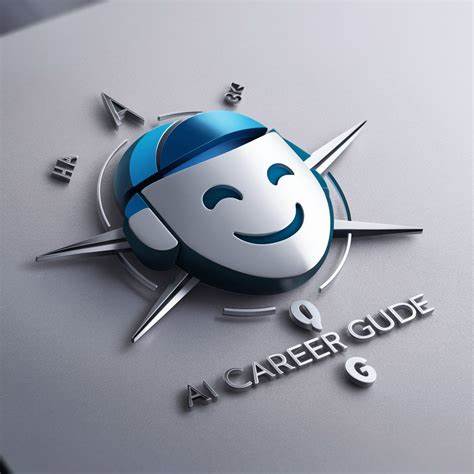Artificial Intelligence (AI) is reshaping career guidance globally, and Nigeria, with its burgeoning youth population and evolving job market, is no exception. AI-powered career guidance tools leverage data analytics, machine learning, and predictive algorithms to provide personalized career advice, addressing challenges like skills mismatch and limited access to traditional counseling. In Nigeria, where youth unemployment reached 7.2% in Q2 2023, these tools offer innovative solutions. This article explores their influence through accessibility, personalization, and challenges, supported by current examples and scholarly insights.
Read more about Tech
Enhancing Accessibility to Career Guidance
AI tools democratize access to career guidance, particularly for Nigeria’s rural and underserved populations. Platforms like Slatecube, founded by Chris Kwekowe, use AI to offer upskilling programs and job-matching services, addressing the skills mismatch affecting 60% of Nigerian graduates. By analyzing user data, Slatecube connects job seekers with relevant opportunities, bypassing geographical barriers. Similarly, CareerEdu, a platform with over 27,000 Telegram members, provides free relocation and scholarship guidance, helping young Nigerians secure UK visas. These tools bridge the gap where traditional counselors are scarce, with only one counselor per 2,000 students in some Nigerian schools.
Register to attend the Connect Nigeria Business Mixer
Personalized Career Pathways
AI-driven tools offer tailored career advice by analyzing individual profiles, academic performance, and market trends. For instance, a 2022 study at Bayero University Kano used an Artificial Neural Network (ANN) to predict student performance based on variables like O-level scores and parental background, guiding admissions and career choices. Platforms like Jobberman Nigeria integrate AI to recommend roles based on skills and preferences, enhancing employability. In 2024, Jobberman’s AI chatbot assisted 10,000 users monthly, suggesting roles in tech and agriculture, sectors with growing demand. Such personalization empowers Nigerians to navigate a align with economic realities.
Sign up for the Connect Nigeria daily newsletter
Challenges and Ethical Considerations
Despite their benefits, AI career guidance tools face challenges like data privacy, algorithmic bias, and infrastructure limitations. Only 43% of Nigerians have internet access, hindering adoption. Ethical concerns, such as biased algorithms potentially favoring urban users, require robust regulation. A 2025 study highlighted low AI awareness among Nigerian students, with 82% lacking access to AI tools, underscoring the digital divide. Addressing these requires investment in infrastructure and AI literacy programs.
Got a suggestion? Contact us: [email protected]
Conclusion
AI-powered career guidance tools are transforming opportunities for Nigerians by enhancing accessibility and personalization. However, challenges like connectivity and ethical concerns must be addressed to maximize impact. With strategic policies, these tools can empower Nigeria’s youth to thrive in a dynamic job market.

